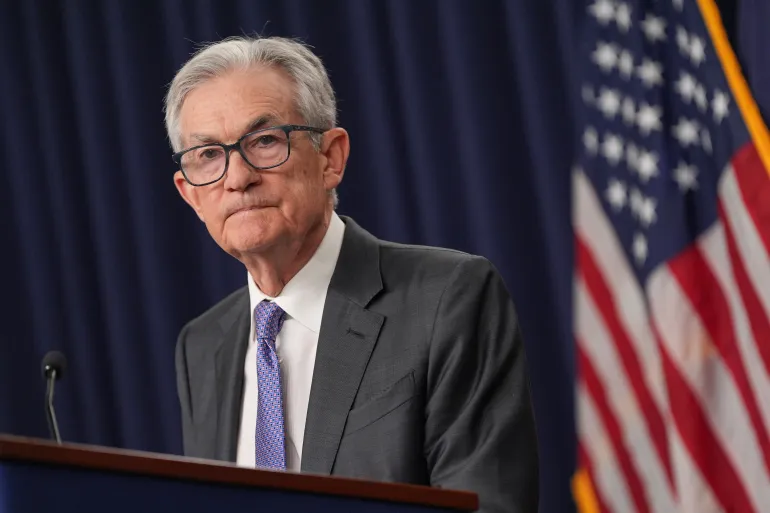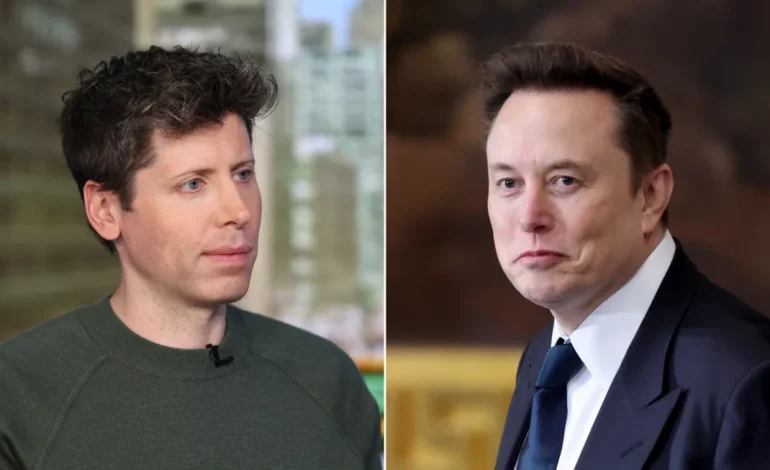Elon Musk has made headlines once again with an unsolicited $97 billion bid to acquire OpenAI, the artificial intelligence company he co-founded with Sam Altman.
While the offer was swiftly rejected by Altman, Musk’s attempt to take control of OpenAI raises questions about his motivations and the broader implications for the AI industry.
Musk’s bid aligns with his history of bold, high-profile business maneuvers. While he has expressed a strong interest in AI, some analysts view the offer as a strategic play rather than a genuine acquisition attempt. By publicly proposing a significant valuation for OpenAI, Musk may have complicated Altman’s efforts to transition the company from its unique non-profit structure to a fully for-profit model, potentially slowing its progress.
Moreover, the move highlights the ongoing rivalry between Musk and Altman. The two tech leaders have been on opposite sides of AI development since Musk left OpenAI in 2018. Their competition has now extended beyond technology to influence over AI’s regulatory landscape, particularly under the current US administration, which has signaled a preference for reduced oversight in the sector.
Musk’s interest in OpenAI is not just about rivalry. Controlling OpenAI would grant him access to some of the most advanced AI technology, talent, and branding in the industry. Integrating OpenAI with his existing AI company, xAI, could significantly strengthen his position in the race for artificial intelligence dominance.
The political environment may also play a role in Musk’s ambitions. The current administration’s approach to AI regulation is notably deregulatory, favoring industry growth over strict oversight. This could create a more favorable business climate for Musk, allowing for greater flexibility in AI development and deployment.
While Musk’s bid for OpenAI has generated excitement, it has also raised concerns among Tesla investors. Tesla’s stock dropped more than 6% following the announcement, reflecting shareholder concerns about Musk’s increasing number of commitments. With leadership roles at Tesla, SpaceX, xAI, Neuralink, and The Boring Company, as well as involvement in government advisory roles, some question whether Musk is stretching himself too thin.
Historically, distractions have had financial consequences for Tesla. The company’s stock suffered a significant decline when Musk acquired Twitter (now X), and some analysts believe his latest move could similarly divert focus from Tesla’s core challenges, including slowing revenue growth and increasing competition in the electric vehicle market.
CNN and the Wall Street Journal contributed to this report.










The latest news in your social feeds
Subscribe to our social media platforms to stay tuned